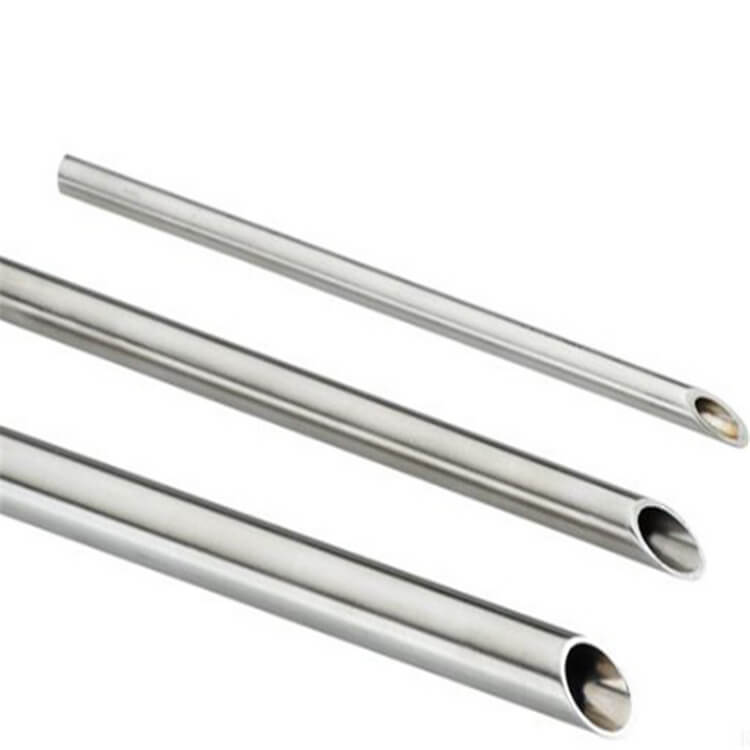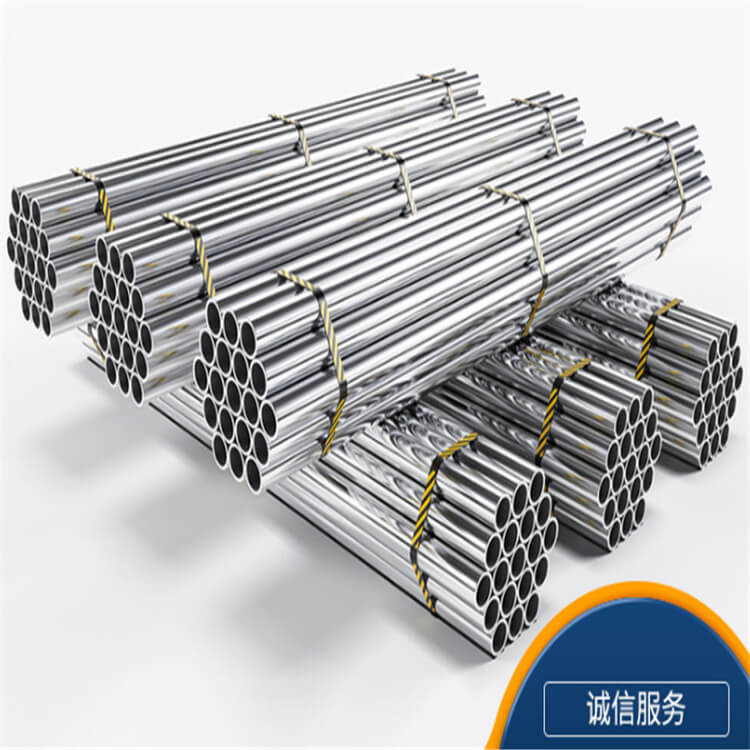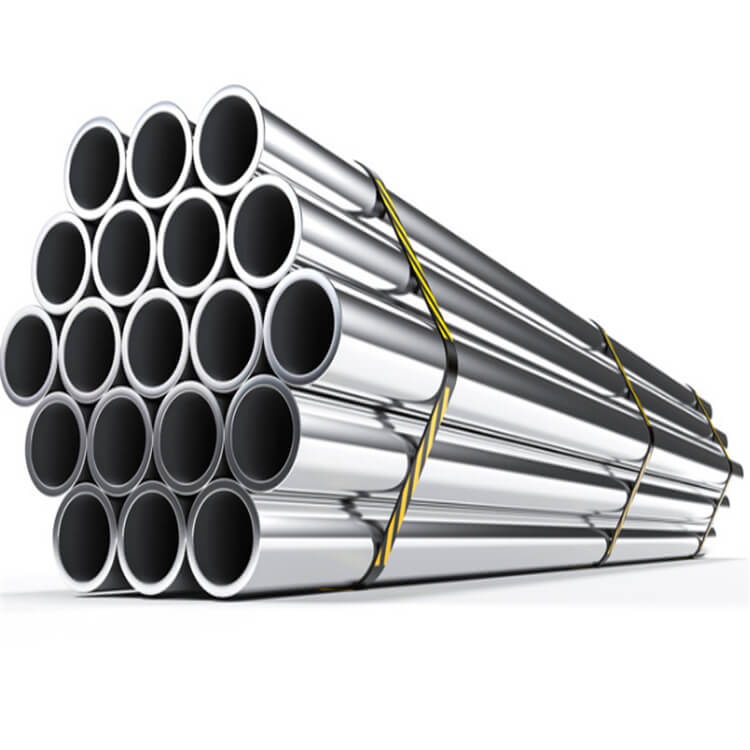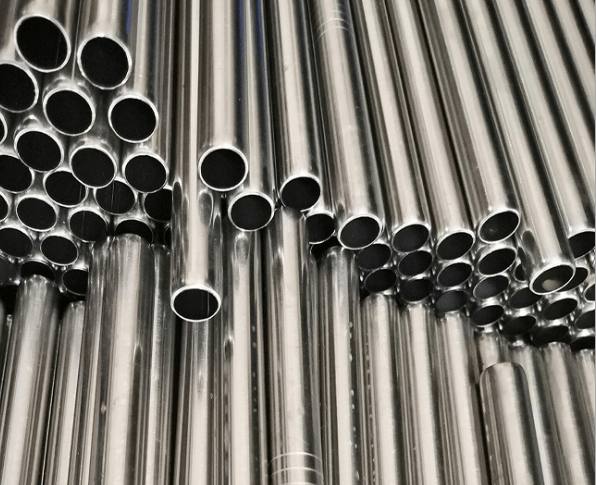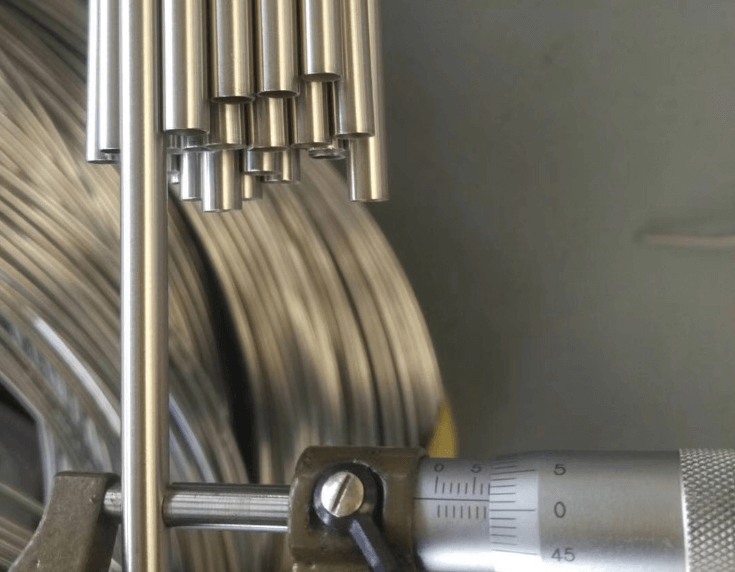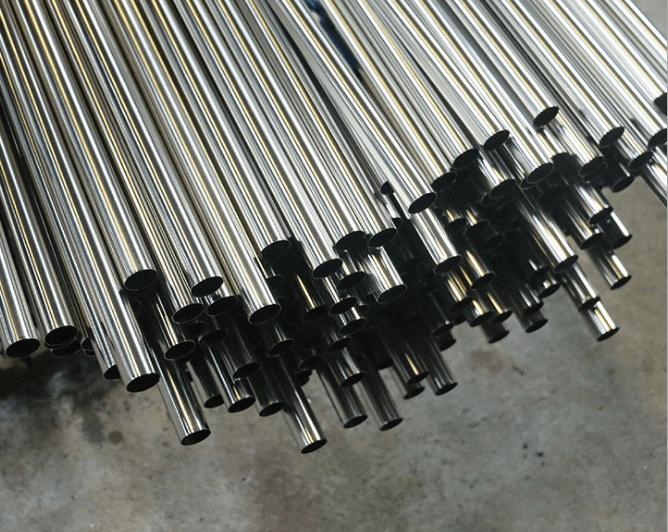In this modern society, where environmental consciousness is becoming increasingly paramount, we find ourselves constantly seeking sustainable alternatives in all aspects of life. This shift towards eco-friendliness is prevalent not only in our personal choices but also in the products we choose for our homes, offices, and beyond.
One such choice is the selection of materials for various applications, and stainless steel emerges as a standout option. In this comprehensive guide, we will delve into eight compelling reasons why stainless steel is more eco-friendly than many other materials.
1. Exceptional Durability
Stainless steel is renowned for its remarkable durability. It can withstand harsh weather conditions, resist corrosion, and endure high levels of stress without deteriorating. This longevity means fewer replacements and less waste, contributing significantly to a reduced environmental footprint.
2. Recyclability at Its Finest
One of the most significant advantages of stainless steel is its recyclability. Unlike some materials that lose their quality during recycling, stainless steel can be recycled endlessly without losing its inherent properties. This significantly reduces the need for raw materials and energy, making it an eco-friendly choice.
3. Low Maintenance and Longevity
Stainless steel requires minimal maintenance, which means fewer chemical cleaners and less water usage over its lifespan. Its ability to maintain its appearance and integrity for decades makes it a sustainable choice that minimizes the need for replacements, thus reducing waste generation.
4. Energy Efficiency
The production of stainless steel involves energy-intensive processes, but its long lifespan offsets this initial energy investment. Over time, the energy saved due to reduced maintenance and replacements outweighs the energy used in its production, making it an energy-efficient option.
5. Resistant to Corrosion
Stainless steel's corrosion resistance is a key factor in its eco-friendliness. It eliminates the need for coatings or additional protection, which can contain harmful chemicals. This resistance also ensures that stainless steel products remain functional for extended periods, further reducing the demand for replacements.
6. Versatile Applications
Stainless steel's versatility makes it an ideal choice for a wide range of applications, from construction and automotive to kitchenware and medical devices. This adaptability means that its eco-friendly benefits are spread across numerous industries, leading to a more sustainable overall impact.
7. Reduced Chemical Emissions
The manufacturing process of stainless steel results in lower chemical emissions compared to some other metals. This reduction in harmful emissions contributes to a cleaner environment and healthier air quality.
8. Hygienic and Safe
Stainless steel's hygienic properties make it an excellent choice for applications in the food and healthcare industries. Its resistance to bacterial growth and ease of cleaning not only ensures safety but also reduces the need for chemical disinfectants.
Conclusion
Stainless steel stands as a shining example of an eco-friendly material. Its durability, recyclability, energy efficiency, and resistance to corrosion make it a sustainable choice in various applications. By choosing stainless steel, you not only benefit from its longevity and low maintenance but also contribute to a greener, more sustainable planet.

